A History and development of sustainable consumption
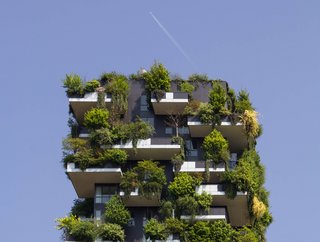
It would have been impossible for our ancestors to foresee that human consumption might be a threat to the environment, and that careful husbandry would be needed to preserve our planet. Sustainable consumption is a relatively modern phenomenon, but our future depends on it. So let’s take a look at how it developed.
1798: Thomas Malthus’s Principle of Population
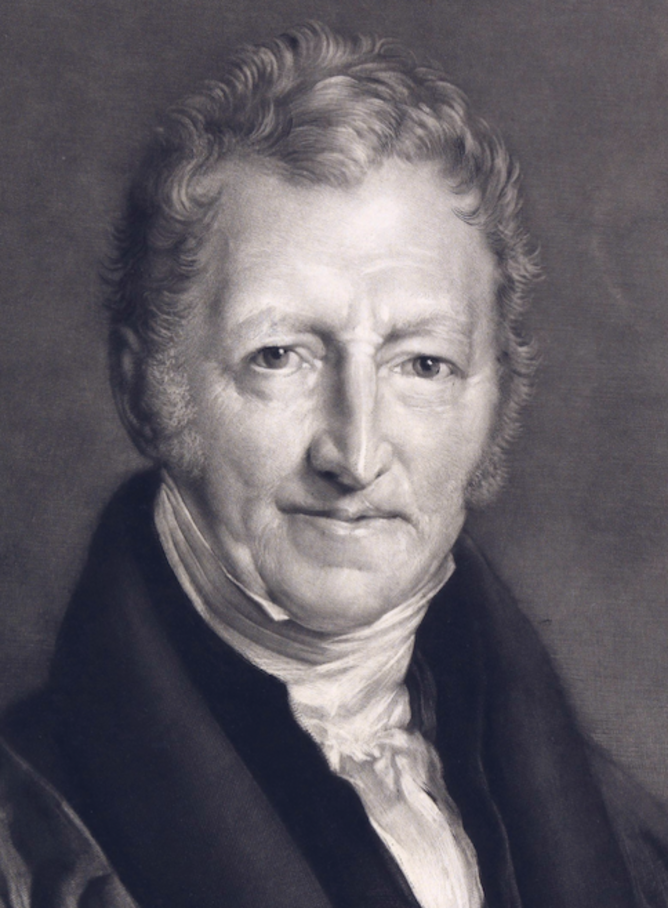
In his seminal work, English cleric, scholar and economist Thomas Malthus warned about the implications of an ever-increasing population. “The power of population is indefinitely greater than the power of the earth to produce subsistence for man,” he said.
His words were prompted by the fact that, in just 750 years, the global population rocketed from 400mn to 1bn.
1972: UN Conference on the Human Environment
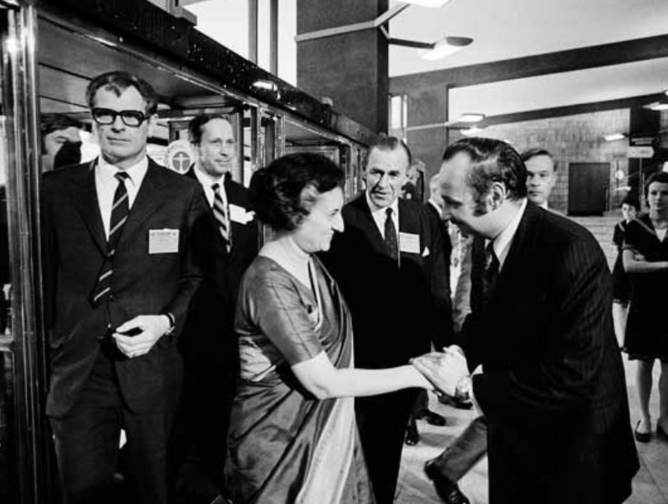
The early 1970s was a time that saw a rise in scientific and ecological methods, and a widening understanding of the human impact on the environment
In that context, the conference, held in Stockholm, declared: “To defend and improve the human environment for present and future generations has become an imperative goal for mankind.”
1987: UN World Commission on Environment and Development
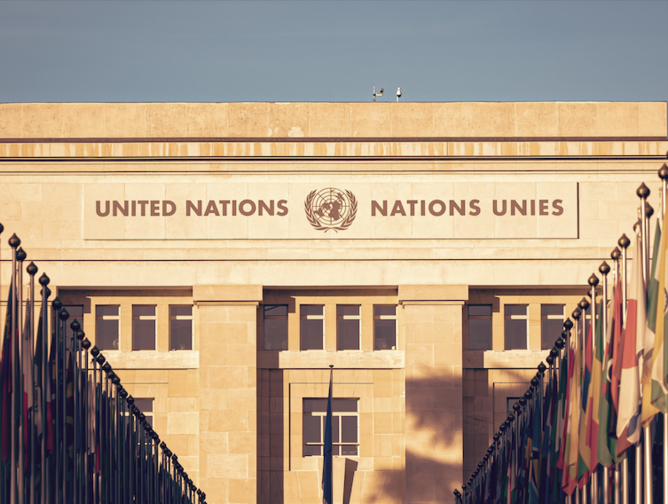
The Commission highlighted consumption trends and the challenge of bringing billions into the mainstream economy:
It said: “Sustainable development requires the promotion of values that encourage consumption standards that are within the bounds of what’s ecologically possible, and to which all can reasonably aspire.”
2003: Launch of the UN Marrakech Process on Sustainable Consumption and Production
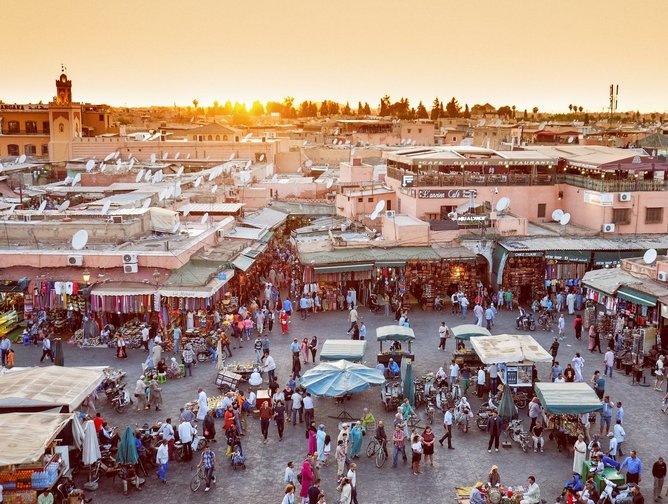
For nearly a decade prior to this event, a coalition of willing countries had been working to promote sustainable consumption and production, especially through policy guidelines and in emerging economies.
The event was launched at the first international expert meeting organised by the Sustainable Development division of the UN Department of Economic and Social Affairs, and the UN Environment Programme.
2012 to present: UN Conference on Sustainable Development
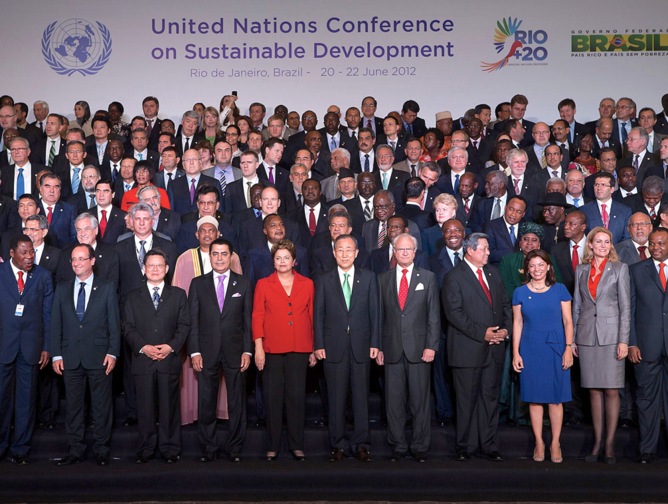
The Marrakech Process 10-year framework was finally adopted as one of the few successes of the controversial Rio+20 Summit.
At the conference it was stated: “We adopt the 10-Year Framework of Programmes on sustainable consumption and production…We invite the UN General Assembly…to take any necessary steps to fully operationalise the framework.”






